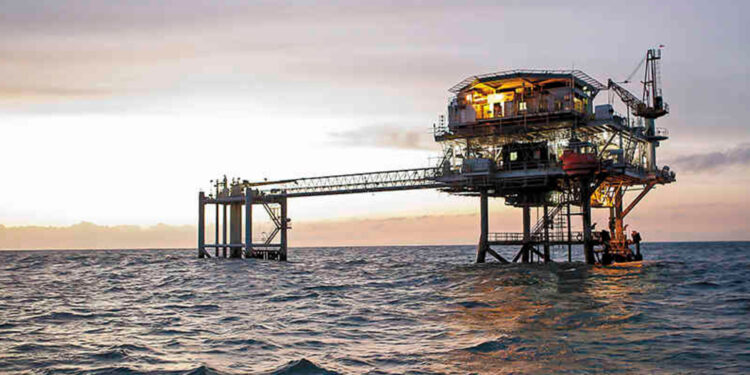French President Emmanuel Macron has expressed grave concern over the reported arrest of French-Algerian novelist Boualem Sansal, a prominent critic of authoritarianism and Islamism.
Sansal, 75, is believed to have been detained at Algiers airport on Saturday upon his return from France, according to media reports. However, Algerian authorities have yet to confirm his arrest or provide details about his situation.
Macron, through a presidential official, shared that he is “very concerned by the disappearance” of Sansal. The official added that “state services are mobilized to clarify his situation,” and emphasized Macron’s “unwavering attachment to the freedom of a great writer and intellectual.”
Sansal, who was granted French nationality earlier this year, is a celebrated figure in modern francophone literature. Known for his fearless critique of oppressive regimes and Islamist extremism, he became a writer in 1999, turning his experiences into powerful works that resonate globally.
A Controversial Yet Celebrated Voice
The arrest has drawn sharp reactions, particularly given Sansal’s longstanding reputation as a champion of free expression. His works, which are not officially banned in Algeria, remain contentious, especially after his 2014 visit to Israel — a move that sparked backlash in his homeland.
In 2015, Sansal earned the prestigious Grand Prix du Roman from the French Academy for his dystopian novel “2084: The End of the World.” Inspired by George Orwell’s “Nineteen Eighty-Four,” the book envisions an Islamist totalitarian regime rising after a nuclear catastrophe, cementing his reputation as a daring and thought-provoking author.

Diplomatic and Literary Tensions Escalate
The news of Sansal’s alleged arrest comes amid mounting diplomatic tensions between France and Algeria. Relations have been strained since Macron renewed France’s support for Moroccan sovereignty over Western Sahara, a disputed territory claimed by Algeria-backed Polisario separatists. This political backdrop adds a complex layer to Sansal’s case.
Moreover, Sansal’s situation coincides with another controversy involving French-Algerian author Kamel Daoud, whose award-winning novel “Houris” has been accused of using the personal story of a woman without her consent. The allegations have ignited a debate in literary circles, with Daoud denying the claims through his publisher.
Sansal’s arrest has galvanized support across France’s political spectrum. Former Prime Minister Edouard Philippe described him as “a beacon of reason, freedom, and humanism against censorship, corruption, and Islamism.” Marine Le Pen, leader of the far-right National Rally party, called Sansal a “freedom fighter and courageous opponent of Islamism” and condemned his reported detention as “unacceptable.”
Kamel Daoud also voiced his solidarity with Sansal, writing in Le Figaro: “I sincerely hope that my friend Boualem will return to us very soon,” while expressing dismay over Sansal’s decision to return to Algeria despite the risks.
Concerns Over Freedom of Expression
Sansal’s reported detention underscores the precarious state of freedom of expression in Algeria, where dissenting voices often face severe repercussions. Critics argue that his arrest could signal an attempt to silence intellectuals critical of the government and its policies.
Macron’s administration has pledged to pursue clarity on Sansal’s situation, underscoring France’s broader commitment to safeguarding the rights of intellectuals and writers. For many, the case serves as a stark reminder of the fragility of freedom in regions grappling with political and ideological conflicts.
As the international community awaits further details, advocates for free expression continue to demand Sansal’s immediate release, urging Algeria to uphold its commitments to human rights and artistic freedom.
READ ALSO: Merqury Quaye Expresses Disappointment on Kojo Manuel’s “No Tie” Comment




















